November 2014, Issue #1
Seeing in the Dark
TABLE OF CONTENTS
Editorial
I. Living By Dream
Miriam Greenspan
Dreamkeeper
 Seeing in the Dark
Seeing in the Dark
Deena Metzger
Living By Dream
Susan Bradley
Dream Dogs 1 and 2
Patricia Reis
Over the Edge
Cynthia Travis
Accounts
Maia
Naming
Sara Wright
Angels: After the Maine Bear Referendum
Marilyn DuHamel
Call and Response with An Irish Brogue
Susan Cerulean
Holding Sacred Posture
Kristin Flyntz
Grieving with the Elephants
II. Towards a Resurrected
Knowing
Sonja Swift
Good Morning, (End of the) World: Notes toward a Resurrected Knowing
Jan Clausen
Veiled Spill #11, #12, #13
Cynthia Travis
The Original World
Maia
Letter from Demeter
Susan Bradley
Honeycombed
 Hexagons with Packets
Hexagons with Packets
Kate Miller
Bearing the News: Wolf Hunt Revived in Minnesota
Sharon Rodgers Simone
A Parliament of Ravens
Marilyn DuHamel
Broken Open
Margo Berdeshevsky
Door
 In the Falling of Late Fire Days
In the Falling of Late Fire Days
 And Our Hands
And Our Hands
 L’Amour n’est pas mort
L’Amour n’est pas mort
Sara Wright
My Yellow Spotted Lady
Regina O’Melveny
Corydalidae cornutus
Dyana Basist
What the Aspen Revealed
Harriet Ellenberger
Desire Spoken under a Night Sky
Moe Clark
nitâhkôtan
Cynthia Travis
Accounts
In 1999, I founded the non-profit organization everyday gandhis, which since 2004 has been working in Liberia, West Africa with ‘below the grassroots’ peacebuilders, elders and traditional indigenous communities. Our work there began with a dream that came to me on the eve of my first visit: the dead from Liberia's civil war were asking to be properly buried and mourned. This led to an inquiry among elders and diviners that started a conversation which, in turn, catalyzed the community to organize Liberia's first post-war traditional Mourning Feast. In a traditional Mourning Feast, the community gathers to settle any unresolved conflicts, which are then put to rest permanently and sent 'across the river' with the dead, after which those conflicts may not be raised again. To eat from the common bowl is a sacred oath of reconciliation.
The Feast was attended by over 5,000 people who only a few months prior had been killing each other and were now united in an extended ritual of reconciliation and peacebuilding. Two years later we learned that local dreamers had received the same dream message that had come to me. Our work continues to be guided by dreams, divinations and community councils. www.everydaygandhis.org
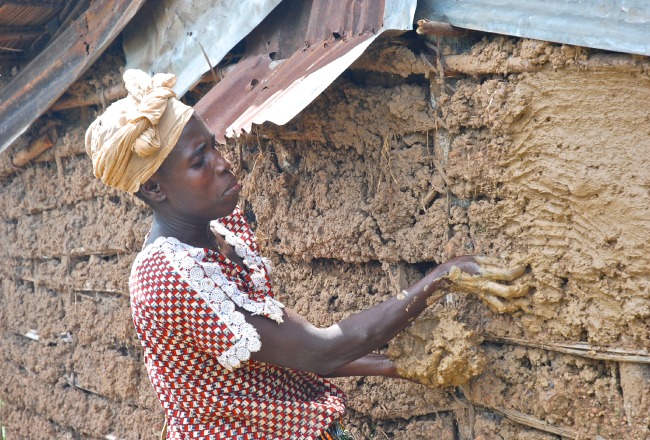
Exhaustion, sorrow, the exhaustion that comes from sorrow… Released from numbness, I fall into sorrow’s arms, fall through her into a canyon wider than I can see. It is not freefall. I am held aloft and protected from the rocky sides of ruin by the soft and limitless sky in which all sadness, in all its beauty, floats. I am carried by currents of sorrow, thermals of grief, between bluffs and sea. Sorrow is with me always. It must be contagious, because when I speak it, when the stories walk out of my mouth into casual conversation, people tear up and sometimes want to hear more, and to keep from being rote, or bored, to keep from having to wind myself up and click across the conversation until I can stop, to keep from having to push until the words squeeze out of me like air through an accordion, I am learning to pause, inhale, and let the sadness sigh out, pulling the rest of me with it in a careful story that I can offer from the heart if someone asks to hear.
I drive with Sorrow down the street, heading for home after three hours of conversation with my accountant. I have gone in to ask how to write up next year’s budget for everyday gandhis. She wants to know what our objectives are, what results we expect and by when, who will do what; where the receipts are, the depreciation schedule for vehicles and camera equipment long since beyond repair and rotting in the humid heat; she asks for the lost deeds to the land we have bought, asks why we are making documentaries, who our audience is and why. She asks all the endless, legitimate questions that compress everything that takes so long to live. I thank her and answer as I know how to answer, by telling stories. I ask her to think with me about how to respond to the dilemmas we are facing, to help her understand (and myself, too) how a series of recent ‘mistakes’ could have happened, and to understand why they had to happen so we can see what is being asked of us now.
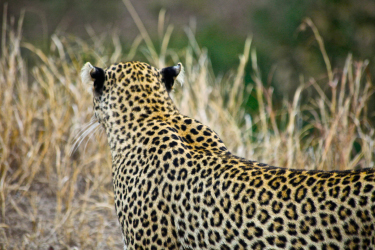
And so I tell her: Of wanting to see a leopard and meeting an ex-combatant named General Leopard. Of how he received weapons training and anti-terrorist training in Israel, Romania, and Jordan, paid for with U.S. government dollars. Of how he ate human hearts during the Liberian civil war, ‘woke up’ beneath a mango tree, and decided to become a peacemaker. Of how he has three children of his own, and worries about what he will tell them of who he is and what he stands for. Of how he is a traditional man who was raised Muslim and turned born again Christian at the insistence of his wife. Of how he says he wants to become ‘African Jewish’ and when he calls, greets me by saying, “Shalom, Mama!” Of child soldiers still being bribed and conscripted, massing at the border of Côte d’Ivoire (named for the ivory trade that decimated its elephant population).
The accountant and I weep.
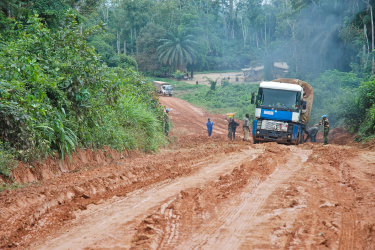
I speak of being stranded in a village after our car broke down and how we were handed twin infants and welcomed with the words: “You are our strangers and we welcome you!”; of seeing scores of village women demonstrating for peace along the road the following morning; of Liberia’s eighty percent illiteracy rate; of the unspeakable conditions at the Firestone rubber plantation, and the unspeakable pollution of the sacred forest and river and coast beyond it; and of the elephants who have come to the towns and villages we are working in after we make offerings to the elephants and the animals. I tell of riding along on impassable roads for hours on end and wondering why the hell I had come all this way and for what? How I had inconvenienced my family and spent all this money and got stuck in all this fucking mud, thinking next time I would just send a check and thank my friends and colleagues and tell them to carry on with the work as they saw fit, of how I couldn’t speak any of this out loud, but just then my Liberian friend, Tornorlah, sitting across from me, dozing, startled awake and exclaimed, “What greater love is there?” and I said, “What love?” And he said, “After all, you left your family to come all this way just to be with us. You could have just sent money but you came to be with us.” The accountant weeps some more and says, “You must tell your story. This is an important part of the story. Help us understand.”
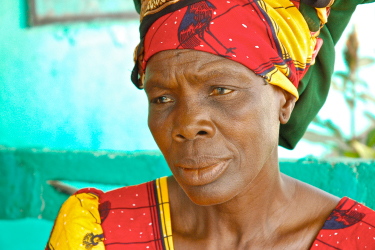
I tell her how the NGO’s come to a place with their plans already made, shaped by political and economic agendas, and tell people:
“We are going to drill you a well.”
This way, the NGO’s can say to their funders and write in their year-end reports, “We drilled x many wells to serve x many people in x many villages at x cost and in x time frame,” and be lauded and get continued funding. The people tell us the things they feel they cannot say to the NGO’s:
“We don’t want a well, we need other things now.” Or:
“We don’t want a well there because it’s sacred ground.” Or:
“It would be impossible for us to get to that well because we would have to cross disputed land.” Or:
“If you drill the well so close to the village (‘so the women won’t have to walk so far for water’), the women won’t have the time and privacy they need to be with each other to discuss how to solve the problems of the village.”
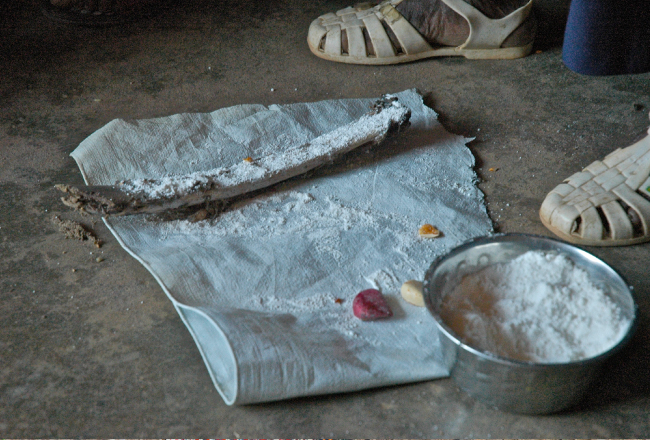
At everyday gandhis we have made mistakes we probably shouldn’t have made: We trusted people who proved to be untrustworthy. We inadvertently excluded certain ethnic groups from important conversations. We didn’t monitor some of our projects closely enough. Yes, of course we are accountable and rightly so, and, yes, we must make plans and produce results. And we must do these things in such a way that we can be grateful for our mistakes: they are our best teachers because they keep us humble and searching. We must do what we do in such a way that we find new language that lives and breathes ‘outside the box’ of predictable results, that enlivens the work by paying attention to what we can’t know in advance, and that will produce tangible results that are invisible in a cause-and-effect universe, in ways that give us new eyes that do not yet know how to see, or what they are actually looking at.
I am an outsider who understands little of Liberian culture, knows nothing firsthand of this war or any war, who has never lost someone to violence, and has never had to forgive someone for such a thing, or admit to being someone in need of such forgiveness. And I must speak of how our work soars when guided by dreams and reverence to the ancestors, and flounders when shaped by linear human thinking, and how we must decide, let Spirit decide, whether we are to apologize and cut loose, send money and thanks, mediate, create programs, dedicate staff, document or otherwise remain on the ground when all we’re mandated to do is find the story and tell it, but which story, exactly, and to whom and in what form and how to know if we’re getting it right, not putting people in danger, not leaving anything out, not still blind? The story is one story and several; the film multiplies and becomes many; the images grow until we have over ten thousand. One story - one with Everything? Ha. Now you see it, now you don’t.
And now she can see it and it only took three hours for this glimpse which she will forget until she remembers, as I have forgotten and am remembering, and which will live with her for the rest of her days because she wept.
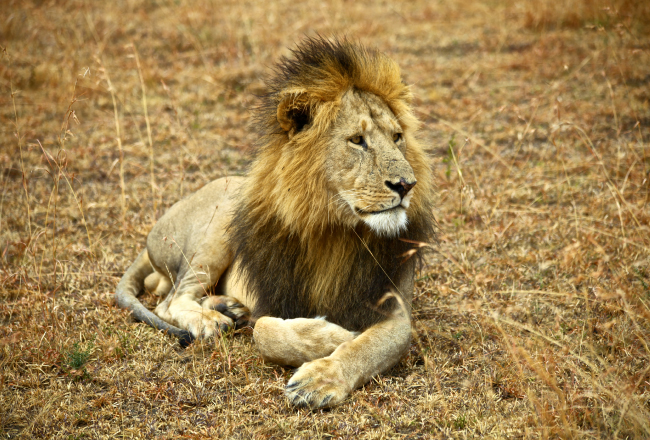
I go back to my office and thank the people working there. I sign some checks and borrow money from my son’s college savings account because I’m broke and overdrawn and still spending because there’s no stopping me now, or the work I am doing, I must finish what I have started so I can live this new life, and I am still going on the assumption that this is the right decision and the right moment and things will work out if I don’t flinch or falter, so on I go.
My accountant will still wonder why I can’t get it right and do things in a way that can be planned and expressed in checkable figures and maybe I will learn to do so without being swallowed by the Mind that demands this reality and knows how to live in it. Maybe I will learn how to write something that can bridge the forms that created the world that made the war happen, in a way that shows how Einstein was right that we can’t solve a problem with the same thinking that created it, but in this case we don’t yet know, we are just learning, how to think differently, sometimes, as best we can, and this is my new job. What is the budget for that?
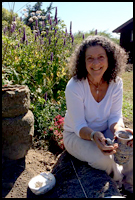 Cynthia Travis is a writer and documentary filmmaker, and is Founder & President of the non-profit peacebuilding organization everyday gandhis (www.everydaygandhis.org). Since 2004, peacebuilders from everyday gandhis have been working with traditional communities, women and ex-combatants in Liberia, West Africa, and with selected schools and communities in the US. All projects arise from dreams and community dialogue. She recently launched the new blog, Borders and Edges (www.borders-and-edges.blogspot.com). In a former life she was a teacher and mediation trainer for children in California and New Mexico. She lives in a small intentional community on the Mendocino Coast.
Cynthia Travis is a writer and documentary filmmaker, and is Founder & President of the non-profit peacebuilding organization everyday gandhis (www.everydaygandhis.org). Since 2004, peacebuilders from everyday gandhis have been working with traditional communities, women and ex-combatants in Liberia, West Africa, and with selected schools and communities in the US. All projects arise from dreams and community dialogue. She recently launched the new blog, Borders and Edges (www.borders-and-edges.blogspot.com). In a former life she was a teacher and mediation trainer for children in California and New Mexico. She lives in a small intentional community on the Mendocino Coast.
Want to comment on any Issue of Dark Matter, fill out the form here.
Copyright © 2014-2021 Dark Matter: Women Witnessing - All rights reserved to individual authors and artists.
Email: Editor@DarkMatterWomenWitnessing.com
Please report any problems with this site to webmaven@DarkMatterWomenWitnessing.com
